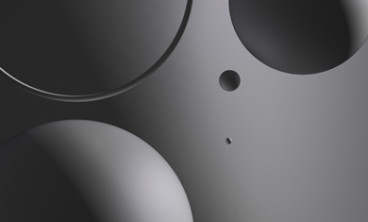
Payment mechanism
As insulin pumps belong to the devices used by patients at home (medical aid segment) in most European countries, to obtain reimbursement, the insulin pump should be included in the list of medical aids guaranteed to the population.
Reimbursable lists are often maintained at the national level; they might include a generic description of the device and guaranteed services (like the Essential Levels of Assistance (Livelli Essenziali di Assistenza, LEA) document in Italy) or detailed description of reimbursement category, the criteria for eligible population and maximum reimbursement tariffs (like in the List of Reimbursable Products and Services (Liste des produits et prestations reimbursable, LPPR) in France).
In some European countries, coverage of medical aids is determined at the regional level (e.g. Nordic countries, Spain).
The registration in the list of reimbursable medical aids can be either generic or brand-specific. For example, external, portable, and programmable insulin pumps in France are registered in LPPR under generic categories, whereas semi-closed loop systems are registered under brand-specific categories.
The reimbursement categories for insulin pumps may cover only the device and/or consumables or the package of services, which includes training, follow-up visits to the specialist, etc., in addition to the device. For example, in France, the LPPR categories for Medtronic MiniMed 780G include an initial technical training package with a tariff of €390.91, a daily service package (provision of all consumables) with a tariff of €4.69, and a quarterly follow-up visit with a tariff of €10.55.
In some countries, the insulin pump is provided as a part of specialist care, and the consumables are covered separately under the list of medical aids. For example, insulin pumps and consumables in England are reimbursed via a specific High Cost Device List category “Insulin pumps and pump consumables”. This add-on reimbursement is paid in addition to basic HRG for specialist care – KB04Z “Continuous Subcutaneous Insulin Infusion“ with an outpatient tariff of £259. Some consumables that can be used with insulin pumps are listed in the NHS Drug Tariff (e.g., infusion sets and cartridges with insulin).

Policy considerations
Conditions for access to insulin pumps are usually determined as part of the reimbursement registration (where national lists exist, e.g. in France and Germany) or by relevant payers or decision-makers (e.g. via regional guidelines in the Nordic region).

Health technology assessment
As insulin pump is an established category of medical devices, new HTAs are unlikely to be relevant.
However, there is a growing interest in the topic of closed-loop systems, which often require a health technology assessment.

Future challenges
Insulin pumps with treatment functions have established reimbursement and funding in most European countries.
Critical challenges for insulin pumps include the establishment of reimbursement of novel devices combining treatment and monitoring functions (closed-loop systems) and the extension of indications for insulin pump therapy on novel groups of patients (e.g., type 2 diabetes, gestational diabetes, etc.). In some European countries, this requires a high level of evidence proving superiority or equivalence to established care pathways in randomized controlled trials.
MTRC has experience with more than 4 projects related to insulin pumps in Europe.
Get in touch
Contact us to discuss your needs and learn about our services



